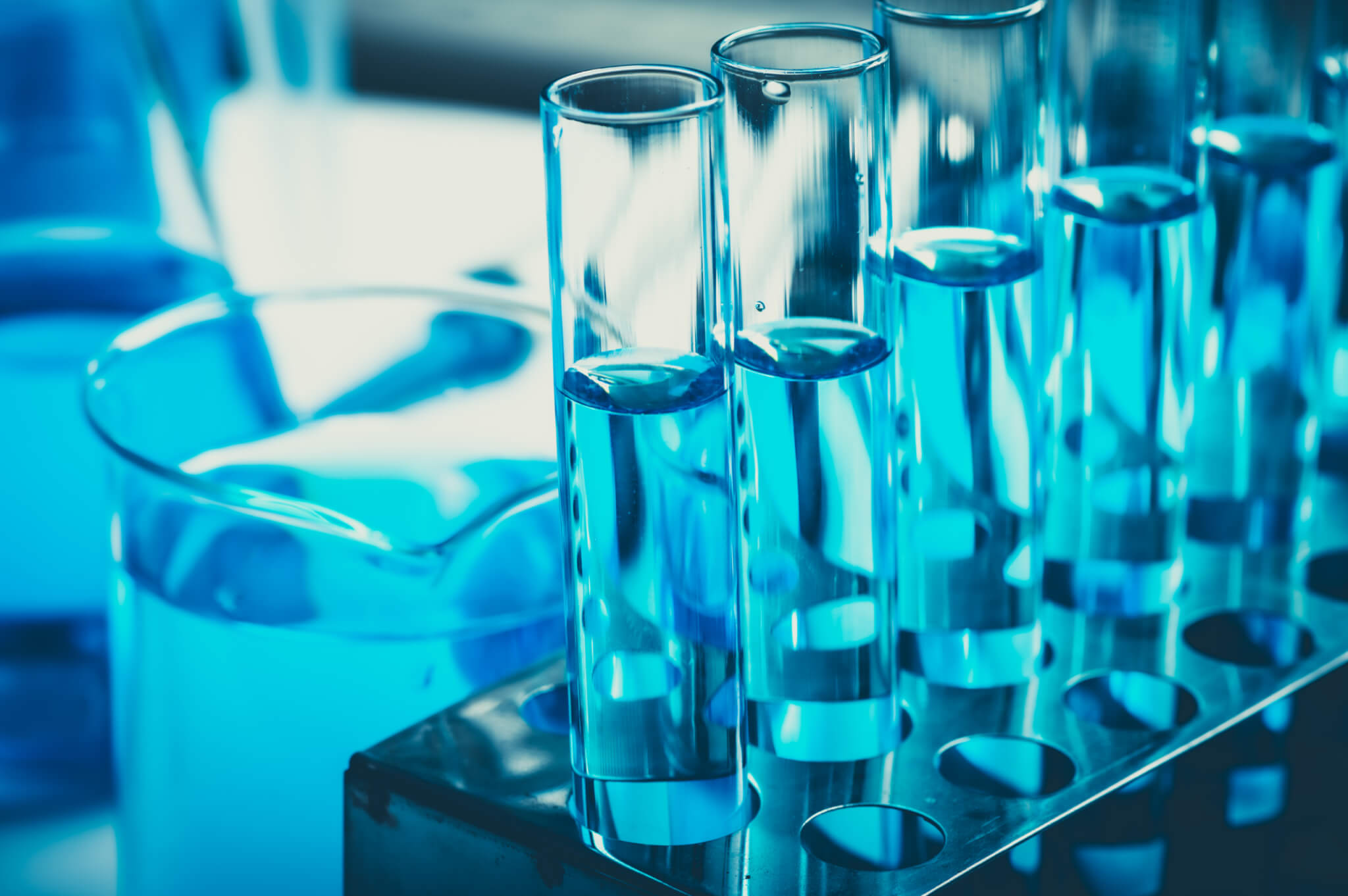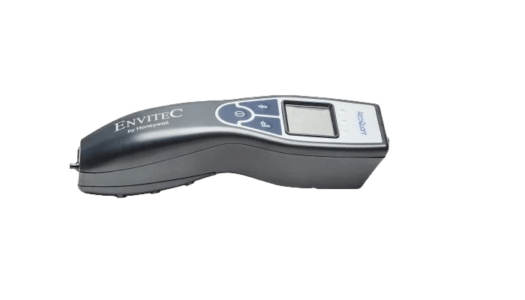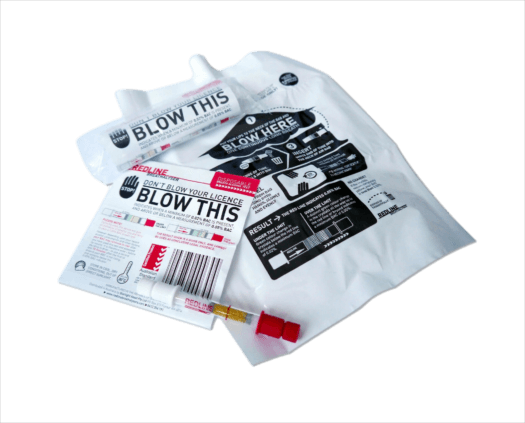Why is drug testing important?
Did you know that alcohol is the most common drug Australians seek treatment for?
While alcohol consumption is a large part of many cultures, including Australians, it can have a number of negative side effects when abused.
Alcohol doesn’t need to be consumed on a worksite to have an effect on an organisation. In fact, prolonged exposure can:
- Affect the physical and mental health of employees, leaders and stakeholders
- Impact a sufferer’s income due to absence, dismissal or impairment
- Deteriorate behaviour and mental health.
In a broader sense, around 1 in 20 Australians suffer from a substance addiction – the most common being cannabis, ecstasy, cocaine and meth/amphetamines.
Similarly, the use of drugs can:
- Impair judgement and mental state – sometimes fostering anxiety, depression and delusion
- Create extreme fatigue
- Physically impact the sufferer and increase the risk of accidents.
This is why drug and alcohol testing for any workplace, especially physical labour, is paramount for company safety.
When should you test your workplace?
There’s no one answer to a testing time frame – it depends on your organisation’s existing policy, goals, or even the broader industry.
AusHealth is capable of screening for drugs in oral fluid and urine, and collecting specimens for confirmation analysis of oral fluid, urine and hair.
Many businesses conduct testing under the following conditions:
- Pre-employment or pre-deployment (prior to joining your organisation, or commencing an assignment)
- Blanket testing (testing all employees in a single event)
- Randomly testing a selection of employees
- Post-incident (after an accident)
- Reasonable cause
- Self-testing (providing sole responsibility to employees)
- Return to work (especially if previously returning a positive test).
Testing workers for drugs and alcohol can sometimes be controversial, but it can also be a vital for:
- Correcting unsafe behaviours
- Improving your team’s health
- Increasing productivity
- Lifting team morale
- Intervening before an accident happens.
What happens after testing?
Upon booking an AusHealth drug and alcohol screening, one of our experienced collectors will travel to you at a pre-organised time and location to conduct testing at your workplace.
When your staff should be notified about testing – whether it’s a week or a few minutes before. If you’re unsure, it’s best to ask us before booking.
Depending on the test, employees will either take a collection device into the bathroom to give a sample, or it will be conducted by the AusHealth collector.
After the samples are collected, they will be tested on-the-spot within ten minutes, so any non-negative results may be dealt with accordingly.
If a result returns non-negative, AusHealth collectors will refer to the company’s standard operating procedure to determine what to do next. In most cases, the employee will be required to provide a specimen to be sent to a laboratory for confirmation.
How long does the test take?
Generally, a drug & alcohol test will take 12-15 minutes on average for each participant. However, if a test returns a non-negative, a confirmation sample needs to be prepared and sent to a laboratory – so this would take longer. However, this occurrence is rare (maybe in 2-5% of cases).
Have more questions on the process? Get in touch with us.
What drugs should I test for?
Depending on your workplace, there are a number of drug groups that can impact your business. AusHealth can work with you to find a testing process that meets both your needs and Australian Standards.
Alcohol
Alcohol is ubiquitous, and a major part of Australian social culture.
While it might be readily available and legal to consume, because it is a Central Nervous System (CNS) depressant, it can cause havoc if improperly consumed at or before work.
CNS depressants slow down the brain’s communication with the body, impacting reaction time, risk assessment, and decision-making. This is the reason drink-driving laws have been in effect across Australia for decades — but people still often break these laws.
Setting prescribed breath-alcohol limits in your policy, and then screening workers for the presence of alcohol helps ensure safety at the work, and reduce risk.
Amphetamine-type substances (ATS)
ATS is a group of drugs that include common substances such as methamphetamine (‘ice’) and MDMA (a component in many substances sold as ‘ecstasy’) — these are CNS stimulants.
As the opposite of depressants, these speed up messages between the brain and body, often consumed to give the user the impression of being more alert or energetic.
This can increase risk-taking behaviours, cause overconfidence and poor risk-assessment, and can induce anxiety, paranoia, and even seizures.
Benzodiazepines
Another CNS depressant, benzodiazepines are a group of tranquilisers available via a prescribing doctor.
They are often used to treat sleep or anxiety problems in patients. Because they are legally available to some, ‘benzos’ are often misused or made available to users without a legitimate prescription.
This group includes common substances such as diazepam, oxazepam or temazepam, and marketed under commonly-known brand names like Valium, Ativan, and Alepam, but there are many more formulations and brands.
For the workplace, again these contribute to poor decision-making, decrease in risk-awareness, and slow reactions in safety situations.
Cannabis (THC)
Δ9-tetrahydrocannabinol (THC) is the main psychoactive chemical found in cannabis or marijuana.
Cannabis is still the most widely used illicit drug, and the most prevalent substance after alcohol. As with the other CNS depressants, use of cannabis reduces the ability to assess risk, and respond to safety issues.
Short term impacts can last longer than the initial ‘high’, and long-term or chronic use can cause serious psychological harm.
Social attitudes toward cannabis are evolving as some jurisdictions internationally relax prohibition, but this drug remains proscribed in Australia, due to its safety concerns.
Medical cannabinoids, including THC, are becoming more common and require expert advice to manage in the workplace. AusHealth toxicologists are experienced in managing risks associated with medicinal cannabis in the workplace.
Cocaine
‘Coke’ as it is often called, is another CNS stimulant, derived from the coca plant, mostly grown in South America. This is another highly addictive substance that acts on the reward centres of the brain, and can cause a faster heart rate leading to arrhythmia, restlessness, anxiety, and paranoia. This can severely impact safety within the workplace.
Opiates and opioids
This group of drugs includes both ‘natural’ (poppy-derived) drugs such as morphine and codeine, and synthetic analogues such as methadone and fentanyl.
Opiates are another group of CNS depressants, and can be used clinically as an analgesic (a painkiller) or cough suppressant, in both prescription and non-prescription medicines. Narcotic varieties are consumed to give a euphoric effect.
This group of substances is highly addictive, and frequently abused, causing significant dependence issues, along with physical harm.
At work, this could mean poor decision-making, inability to manage risk, and very poor reaction times, greatly impacting site safety.
What AusHealth's drug testing process?
Saliva testing
Oral fluid (saliva) can contain detectable levels of prohibited substance for hours or perhaps days after consumption.
By using an oral fluid swab and immunoassay panel, these can be identified on-site. Saliva drug testing devices can use either neat oral fluid, or be diluted with further liquids contained within the device.
AusHealth Work generally recommends a device that tests neat oral fluid — that is, a specimen alone, without anything else introduced. This allows devices such as the AusHealth Oral7 to provide a reliable and accurate result.
If the on-site result is non-negative, a further specimen is collected to allow the first, or ‘A-Sample’, to be tested by a qualified laboratory. The second (‘B-Sample’) is then available should the donor dispute the outcome, and wish to have it referred to a secondary laboratory.
Only when the laboratory has issued a report is the result confirmed positive or negative, and should action be taken under your organisation’s drug and alcohol policy.
Urine testing
Urine can contain detectable levels of drugs (or their metabolites) for days or even weeks after consumption. The sample is collected by the donor after the bathroom in use is secured to eliminate the possibility of adulteration or tampering, but respecting the donor’s privacy.
The urine specimen is tested by immunoassay, either on a cassette type device, or in a cup, like our InnoScreen cup or SureStep cassette.
Again, if the on-site result is non-negative, the sample must be sent to the laboratory for confirmation testing. Rather than collecting additional specimens as with oral fluid, the Collector will generally split the tested specimen into A- and B-samples, and package for the laboratory.
The laboratory then reports their testing result, for further action as necessary under your drug and alcohol policy.
Hair testing
Hair testing for drugs of abuse provides a longer-term view of drug use.
The general rule of thumb is that head hair grows around one centimetre (1 cm) per month. When drugs are consumed, they are deposited as the hair grows, meaning there can be detectable levels of drugs, and a rough estimate of when the growing hair was exposed to the substance.
AusHealth generally recommends hair is cut from the scalp in a small selection of strands, and the first 3 cm (roughly three months of growth) is tested by a qualified laboratory. Longer strands can be tested further, but the timing of drug use is less reliable as the hair ages.
This type of test is often mislabelled as hair follicle testing. The follicle is the bulb of tissue at the scalp-end of a hair sample, produced when hair is plucked out, rather than cut.
While this may be an important part of forensics, it is not used for drug testing, as the follicle is not tested for presence of these substances, and therefore we do not tear out hair samples — an obviously more uncomfortable experience for a donor.











